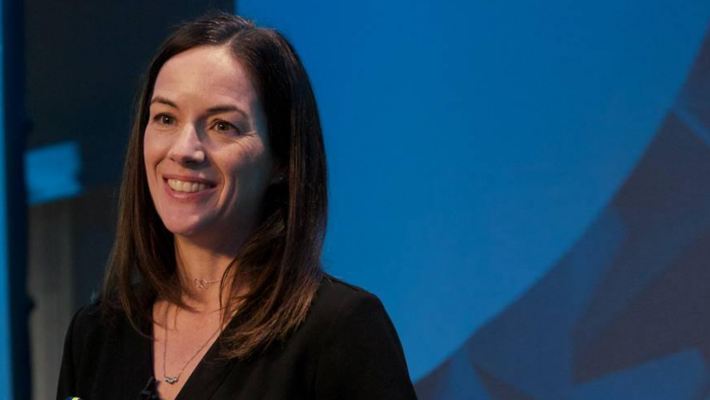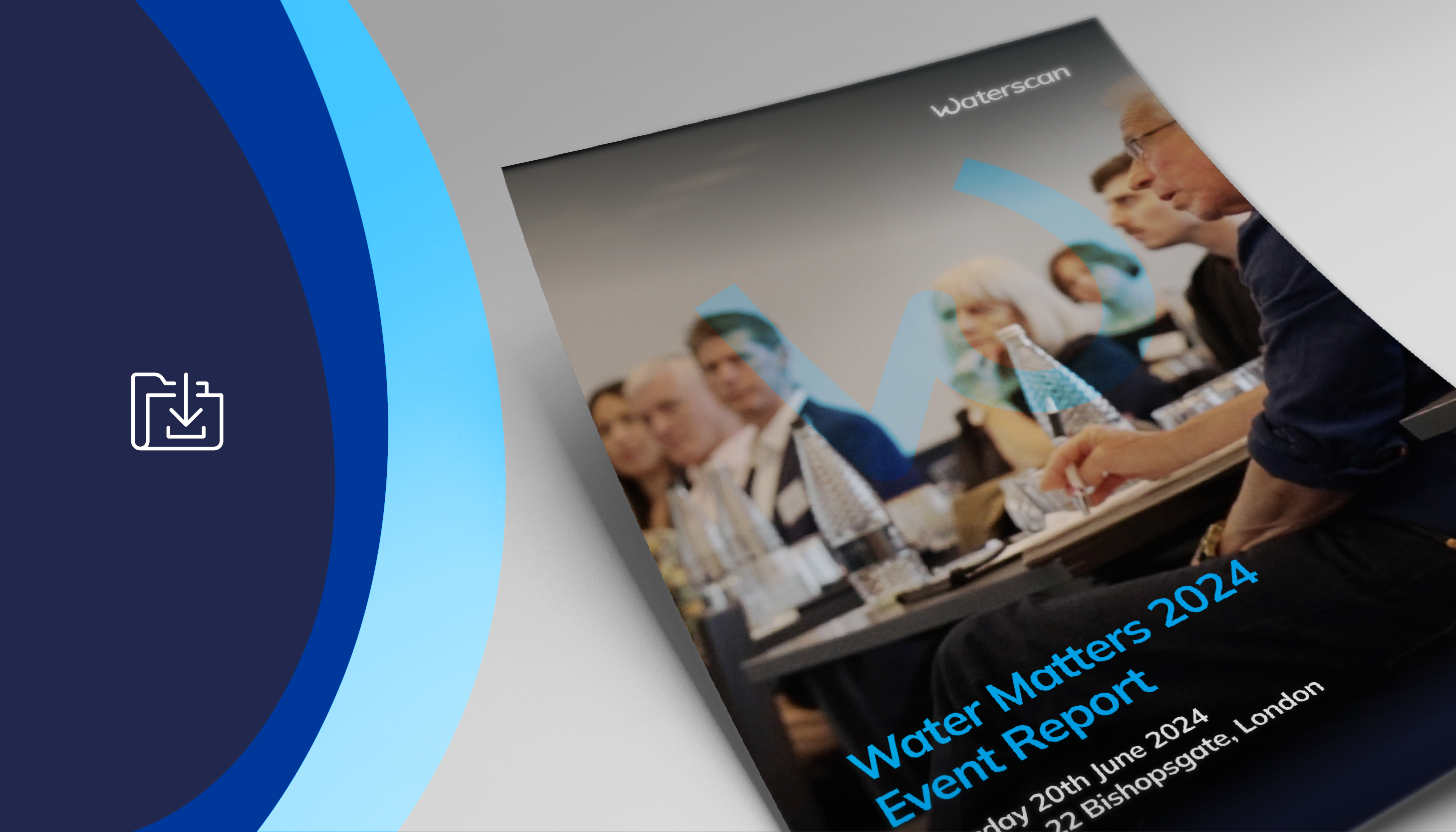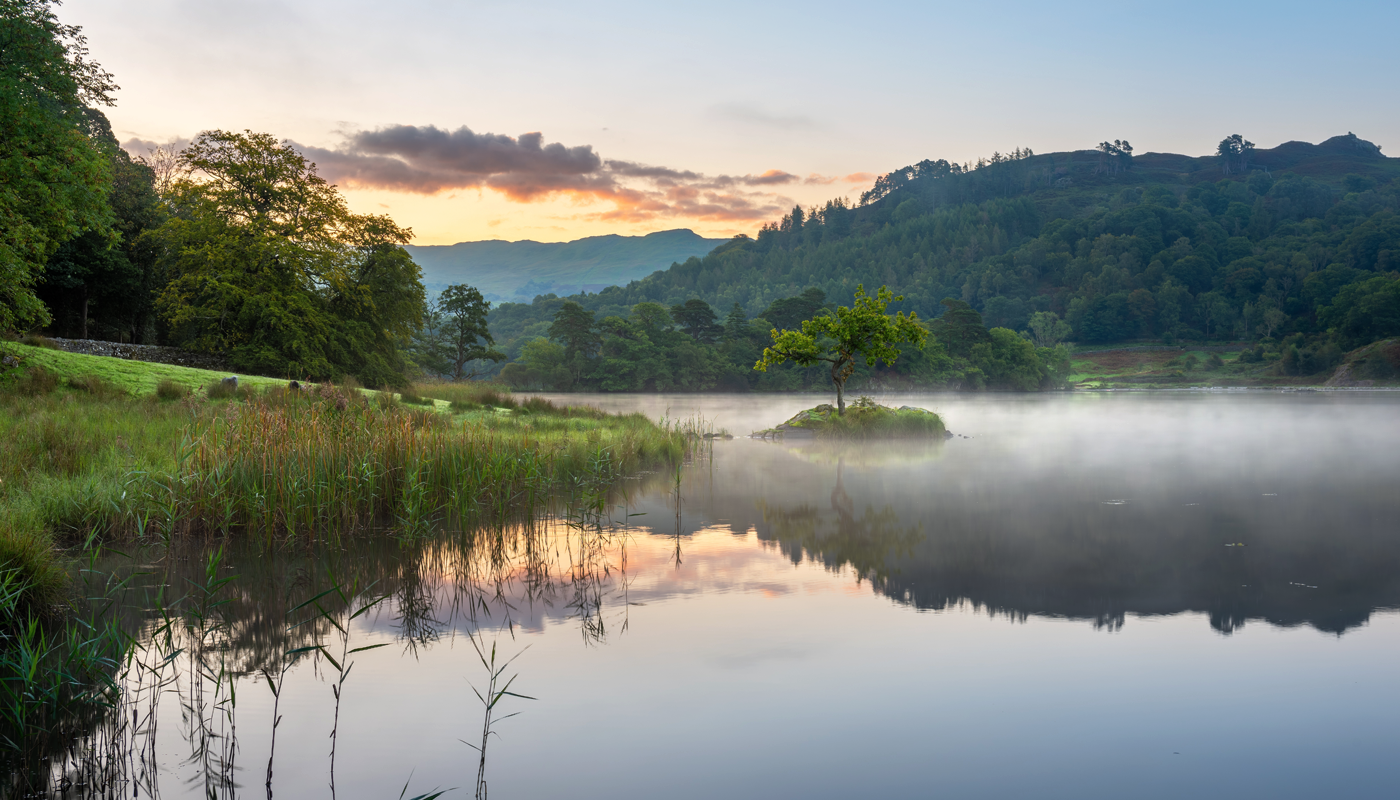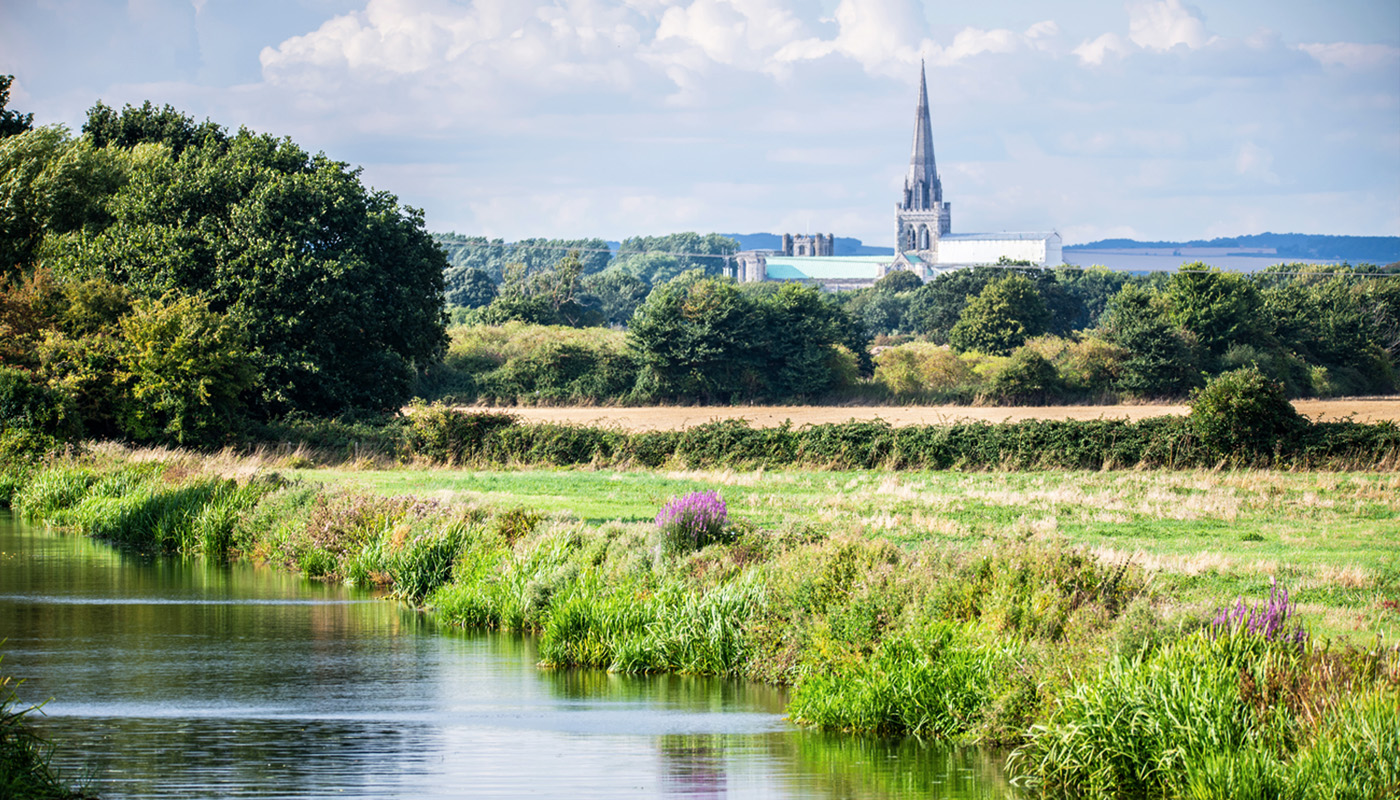Jessica, you’ve achieved some remarkable things for businesses in terms of advancing their sustainability. Can you give us some examples?
To give you a little bit of background first, I decided at an early age that I was going to try to save the world and so I did environmental science and law before starting off in government, and then going into consultancy. This was back when people were still deciding whether or not climate change was a real thing and corporate social responsibility was a ‘nice to do’, not integral to business. After working in consultancy for several years, I began to get really frustrated because you’d do a piece of work and then walk away, never really knowing what happened as a result. I couldn’t get to build a commercial argument and go onto break down barriers to compliance and integration into the business model.

Then I did this piece of work looking at innovative companies that were actually designing their product or service specifically so that it would reduce its environmental impact. Fuji Xerox stood out to me – it was modular design, and it cut their waste, cut their service hours and it really made a difference. This was an eye-opening moment because I realised that if I worked inside companies, I could help develop that way of thinking and tackling problems.
So, somewhat incongruously as a vegetarian, I went to work for McDonald’s. A challenge for them was the disposal of their used cooking oil. It cost them quite a lot of money, and whilst the oil could no longer be used for food, it still had value. I did a project where we managed to convert the used cooking oil into biofuels and back into its truck fleet. At the time, the engine manufacturers were saying, ‘there’s no way you’re putting that disgusting smelly stuff into my nice clean engine!’ But we addressed the issues one by one, and also looked at the big picture and how we needed to decarbonise the transport industry. Now, McDonalds is considered a leader in this space. Aside from biofuels, they’ve got amazing programs around increased plant-based product offerings, animal welfare, regenerative agriculture and so on.
Emissions and waste are well versed topics, but water is still struggling to make it onto many boardroom tables. How do you get a topic onto a company’s priority list?
Yes, it is difficult. I bring things to the board which make sense for the business. These could be related to security of supply, adaptation, ways to improve efficiency across the business, or an opportunity to unlock a new consumer segment. Getting a board to take notice requires understanding the guts of the company – what makes it tick.
I’ve always made sure that I have a business case that the board will understand. I look at the business strategy and objectives and I talk to all the teams. I make sure I am always science-led when determining what issues we need to focus on, and how we will tackle each one. When determining prioritisation I analyse three things:
- The level of impact of this particular issue from our business and on our business,
- The level of risk to the business if we don’t do anything about this issue, and
- The benefit to the business if we do.
You’ve got to have information which is specific and relevant. There is no point in trying to pull at heartstrings or being dramatic.
Do you think companies and organisations put an adequate value on the availability of fresh water? If not, why, and what could be done to change that?
Water is drastically underpriced and until we put a proper price on it, no one is going to be giving it enough attention.
I think the tricky thing with water is the global nature of it. Different countries have different issues that they need to address. I’m Australian and I grew up with water restrictions all the time and dams being depleted and everyone not knowing where the water was going to come from. I now live in the Netherlands and here the big issue is wastewater quality and the pollution of waterways due to nitrogen runoff from farms. Some countries have water scarcity because it doesn’t rain enough, and others have water scarcity because they don’t have adequate infrastructure.
Businesses need to look at the pressure points in the countries and spaces where they operate. Is the risk about freshwater availability? Is it about consistent supply across the year? Is it about the load on wastewater systems or issues around river quality? Then you can consider how to improve performance on the specific issue that’s relevant to the business.
We’re building a new factory for Huel and we’re trying to be as self-sufficient as possible because why wouldn’t you do that? We don’t want to put any additional stress on already stressed infrastructure and resources. We’re putting in rainwater harvesting and greywater recycling and we’re looking at the water that we run through our production lines and how often we run cleaning and what we can do with air instead of water. Sometimes, the benefits of a project are unforeseen and can build brand love in ways you hadn’t anticipated.
Can you give us an example?
When I worked at Innocent Drinks, we were buying strawberries from an agricultural area in Spain that is next door to an important UNESCO listed wetland site, visited by six million migrating birds each year. It was the site that prompted the creation of the WWF. The local farmers were sinking boreholes to pull up the water they needed for their crops, but it meant that the aquifer water levels had dropped by 50% and the wetlands were drying out. We were approached to see how we could help and, although we bought less than 1% of all the strawberries grown in the region, we decided to see what we could do to help. We definitely did not want to be part of the problem and to suffer potential brand risk in the process. I visited the farmers to get their perspective and find out if they knew how much water they were using and how they were using it. Together with some PhD students, we worked with four farmers to run a pilot project on alternative watering methods. The farmers were cautious to get involved but recognised that if they didn’t take action, then the WWF would keep campaigning to move or close their farms. The upshot was that we found we could reduce water usage by 40% and at the same time reduce fertiliser use which helped reduce costs. We also found that there was some improvement in the crop quality as a result of not overwatering the plants. Fast forward and big companies got involved so that now more than 90% of all strawberry farmers in Spain changed their watering practices and it’s now an EU project that receives millions in funding each year. We started with something incredibly small, but it has completely changed the way things are done.
For innocent, we had an amazing story to tell. A little video that we made about strawberries and the work that we did in Spain was the most liked that the company had ever uploaded to YouTube. We won a Guardian sustainable business award, and it garnered enormous amounts of popularity amongst employees because they were so incredibly proud.
We must share these kinds of stories and we have to get companies thinking in this kind of way. It’s not just about money and it’s not just about risk, there are other benefits. Regenerative agriculture is another example that people are talking a lot about right now, largely because of carbon but it is changing the way that we think about soil, another undervalued resource like water. Research is showing that regenerative agricultural practices lock more carbon into the soil, create much better biodiversity and improve nutrition because the crop is better fed. And, of course, these soils hold more water so they don’t dry out as much, and because they’re structurally strong, they don’t wash away and so are more resilient to flooding. Then you can start to look to add in things like taking out less insurance to cover lost harvests in extreme weather events and there’s another potential benefit to farmers. This kind of stuff is super exciting because it shows that people are starting to think about things in a different way.
It’s interesting that you mentioned insurance and risk. What do you think prevents companies from taking water-related risks into account?
I just think that they’re not aware of the risks, particularly in relation to water. But we’re now seeing many instances of localised flash flooding in areas like London, where you would have thought there was no risk whatsoever. This is something that businesses do need to assess, not just in relation to their own facilities but also where they are trading, throughout their logistics networks and so on – how might a flash flood impact these areas?
Part of the problem is talking long term. Most businesses think in three-to-five-year planning cycles so talking about water deficits in 2050 is irrelevant. It’s ages away. There’s no urgency. So we need to bring this forward. We need to show what it’s going to look like in the lead up to 2050 and present what the gap between supply and demand will look like next year, and the following year, and the level of action that we need to take to mitigate that. We need to articulate what the goal is and make it more compelling.
How useful is reporting and disclosure in focusing corporate attention and accountability?
Often, the problem here is that the people who gather the data and do the reporting are not the people who are then in charge of understanding what it actually means and taking action. There needs to be someone in the business that is charged with responsibility for understanding the context and what this means in practice.
Also, benchmarks tend to be set too low. What happens is companies look at these and are happy if they’re performing well, when of course, they should be doing as much as possible. Let’s raise the benchmark.
We need to shift the debate with water. We must stop wasting lots of time and energy and money on trying to treat wastewater, for example, and instead think about how to generate less wastewater in the first place.
How are you currently shifting the debate?
At Huel, we have assessed what the carbon footprint of our product needs to be for a diet that is aligned to limiting climate change to 1.5 degrees. This told us that every meal must be below 0.5 kilograms of carbon per meal.
We’re now trying to do this for water. So, if we look at water usage for our ingredient production, in our factories and so on, what does our water footprint need to be per meal to ensure that we live in balance with nature, and do not add to the problem.
Often, communications mean little as there’s no context. Companies might say, ‘our goal is to reduce our water usage by 30%’ but, why? What does this target mean? Whereas, if you can translate this into ‘reducing our water use by 30% means that many more people in India are going to be able to grow the food that they need to eat’, it starts to mean something.
Find out more about Water Matters 2024 here.




